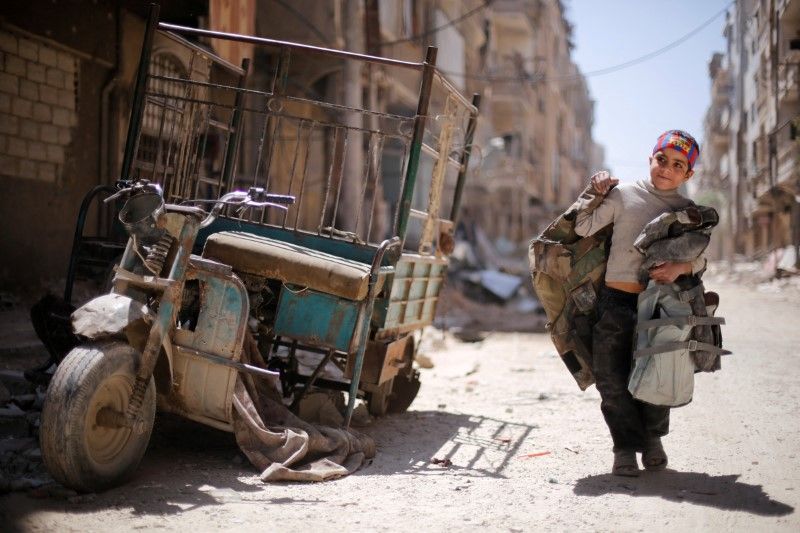As you are doubtless aware, over the weekend the US, France, and UK launched more than 100 cruise missiles at Syrian chemical weapons facilities in response to allegations that the Assad regime had used these weapons just days earlier.
What did they achieve?
The US-led operation imposed a distinct cost on the Assad regime’s chemical weapons program and sent a signal that the US is prepared to use force in certain circumstances to enforce the chemical weapons ban. Syria, after all, had signed it back in 2013.
But because of (very good) concerns about accidentally engaging Russians stationed alongside Syrian forces, the strikes stopped short of a broader barrage that would have shaken Assad’s grip on power or changed the strategic balance between his regime and the remaining rebel forces.
As a result, the longer-term deterrent effect on the Syrian regime (or others) is unclear. Assad may gamble on their use again if he figures the only thing he stands to lose again is his chemicals, rather than his grip on power. With Assad’s regime likely to set its sights on the remaining rebel strongholds in Idlib province before long, that calculus may soon matter.
More broadly, the strikes leave open the question of what, exactly, the Trump administration’s wider strategy is in Syria. The US lacks the troop presence or diplomatic sway to affect the broader course of the war or any peace that follows. The troops currently in Syria have been leading a fight against ISIS east of the Euphrates river, while Russia and Iran are still the bosses in the West.
Now, with ISIS largely routed, Trump has said he wants to pull out of Syria (see Willis’ fair assessment of that option here.) But both he and his national security advisor John Bolton also view Iran as public enemy number one in the Middle East. To bring the troops home without opening the way for ISIS or Iran is a tough circle to square. Cruise missiles are only so good at geometry.
